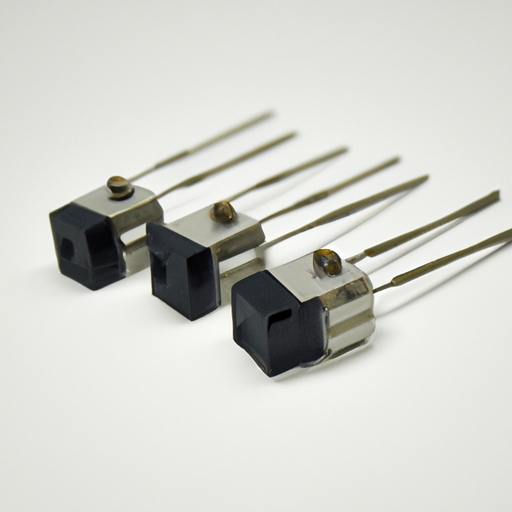Overview of Isolators
Isolators are essential components in electronic systems, designed to transmit signals while preventing direct electrical connections between different parts of a circuit. This isolation is crucial for protecting sensitive components from high voltages, noise, and ground loops. The main types of isolators include:
| 1. Optical Isolators | Utilize light to transmit signals, typically involving LEDs and photodetectors. |
| 2. Magnetic Isolators | Employ transformers to transfer signals through magnetic fields. |
| 3. Capacitive Isolators | Use capacitive coupling to transmit signals across an isolation barrier. |
| 4. Digital Isolators | Leverage CMOS technology to provide high-speed isolation for digital signals. |
| 1. Optical Isolation | |
| 2. Magnetic Isolation | |
| 3. Capacitive Isolation | |
| 4. Digital Isolation | |
| 1. Industrial Automation | |
| 2. Medical Devices | |
| 3. Data Communication | |
| 4. Power Supply Systems | |
| 5. Automotive Applications | |
Core Functional Technologies
Application Development Cases
Conclusion

Isolators are vital in modern electronic systems, providing safety, signal integrity, and noise immunity across various applications. Understanding the core technologies and their applications can aid in designing robust systems that meet industry standards and requirements. If you have specific applications or technologies in mind, feel free to ask for more detailed information!
Overview of Isolators
Isolators are essential components in electronic systems, designed to transmit signals while preventing direct electrical connections between different parts of a circuit. This isolation is crucial for protecting sensitive components from high voltages, noise, and ground loops. The main types of isolators include:
| 1. Optical Isolators | Utilize light to transmit signals, typically involving LEDs and photodetectors. |
| 2. Magnetic Isolators | Employ transformers to transfer signals through magnetic fields. |
| 3. Capacitive Isolators | Use capacitive coupling to transmit signals across an isolation barrier. |
| 4. Digital Isolators | Leverage CMOS technology to provide high-speed isolation for digital signals. |
| 1. Optical Isolation | |
| 2. Magnetic Isolation | |
| 3. Capacitive Isolation | |
| 4. Digital Isolation | |
| 1. Industrial Automation | |
| 2. Medical Devices | |
| 3. Data Communication | |
| 4. Power Supply Systems | |
| 5. Automotive Applications | |
Core Functional Technologies
Application Development Cases
Conclusion

Isolators are vital in modern electronic systems, providing safety, signal integrity, and noise immunity across various applications. Understanding the core technologies and their applications can aid in designing robust systems that meet industry standards and requirements. If you have specific applications or technologies in mind, feel free to ask for more detailed information!













